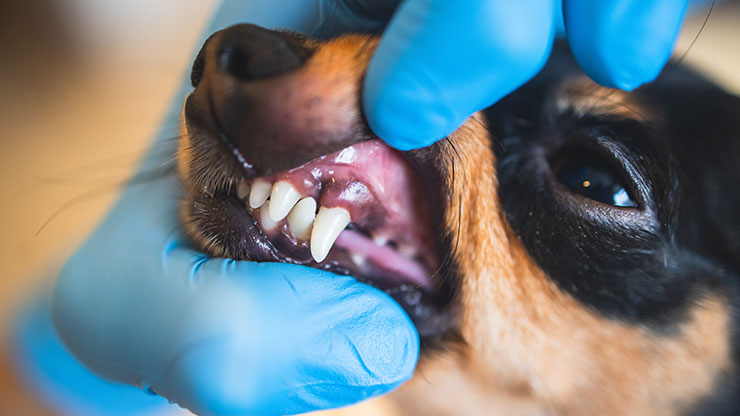
The Role of Veterinarians in Preventing and Treating Dog Diseases
According to Veterinary Partners, early detection of fatal diseases like cancer can increase the dog’s survival rate by up to 90%. Moreover, another study by the American Heartworm Society reveals that 68% of dog parents go for yearly heartworm checkups and preventions, contributing to a 97% decline in canine heartworm diseases since 1995. These statistics on Veterinarian Education show that the role of veterinarians in the community goes far beyond treating canine diseases; it includes providing essential dog care to promoting healthy canine breeds. Here, we will discuss the importance of veterinary care in more detail.
What’s the Role of Veterinarians in Improving Dogs’ Health?
The veterinarians conduct detailed diagnoses to identify diseases and treat them. Here are the things that veterinarians do to ensure a dog’s well-being:
Vaccinations
Veterinarians give a series of vaccinations to puppy and adult dogs, i.e., DAPP, rabies vaccinations, etc. These vaccinations play an important role in protecting canine breeds from viral and other deadly diseases, including distemper, rabies, and CAV-1 & 2. Vaccinations strengthen the dog’s immune system and enable it to produce antibodies against different viruses. While some dog vaccinations require annual boosters, others can provide lifelong immunity.
It’s important to follow the vaccine schedule. For example, expert veterinarians recommend getting the first dose of DAPP when the dog is 6 to 8 weeks old. This can follow a series of booster doses as recommended by the veterinarian.
Routine Checkups
Another important reason to visit a veterinarian regularly is to ensure the dog's overall well-being and diagnose any fatal diseases in its early stages. This helps treat viruses or other health problems with a higher success ratio. During regular checkups, veterinarians will first conduct visual assessments to identify any issues in the eyes, nose, paws, ears, and mouth. Next, they’ll examine your furry friends with hands from head to tail to detect signs of swelling or pain. The veterinarian will also take your dog's temperature and analyze its heartbeat. Once the examination is over, the veterinarian will share their remarks and recommend a specialist in case of complications.

Enhanced Oral Health
Visiting dental veterinarians can improve a dog’s oral health. Expert vet tech examines the dog’s teeth and jaws to identify and treat periodontal disease, damaged teeth, oral tumors, gingivitis, and other fatal oral diseases. To make sure that your furry friend is enjoying a healthy life, it’s crucial to treat oral diseases and eliminate the discomfort caused by such health issues. Hence, visit the vet immediately as soon as you notice a cavity or any signs of toothache.
Parasite Control
Both internal and external parasites pose serious threats to the dog’s health. For example, roundworms, hookworms, whipworms, or tapeworms are often found in the dog’s intestine and can lead to weight loss, diarrhea, vomiting, etc. Furthermore, external parasites like ticks can transfer fatal viral diseases such as Lyme disease and ehrlichiosis. Hence, it’s important to visit an expert veterinarian to prevent and control the parasites. Veterinarians might prescribe vaccinations or medications to protect dogs from parasites.

Nutritional Guidance
A balanced and healthy diet strengthens your dog’s immune system, improves digestion, promotes healthy bones, helps maintain a healthy weight, and improves overall cognitive skills. A veterinarian can provide you with diet plans specifically tailored to your dog’s age and breed. By visiting expert nutritionists, you can ensure that your dog receives a healthy diet and enjoys a happy life.
Conclusion
Taking your dogs to regular walks or yoga classes isn’t enough to keep your dogs healthy and happy. In addition, visiting expert veterinarians to diagnose and treat diseases is also important. Regular veterinarian visits can save dogs from canine distemper, hepatitis, rabies, and other fatal diseases.










